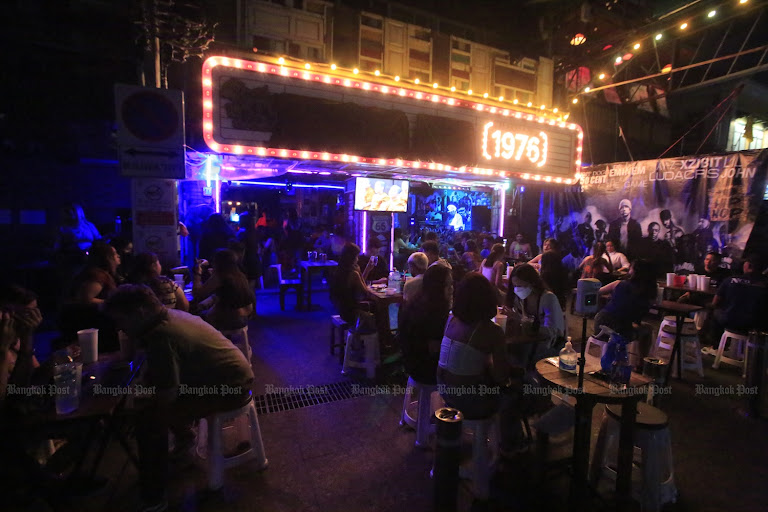Thailand Debates Ending Alcohol Ban, Boosting Tourism
Tourism boost is weighed against public health concerns as Thailand debates ending its afternoon alcohol ban.

Thailand’s Ministry of Public Health is comprehensively reviewing the longstanding ban on afternoon alcohol sales. This review could lead to increased access to alcoholic beverages between 2 p. m. and 5 p. m. daily, and potentially on Buddhist holy days. This follows a directive from Public Health Minister Somsak Thepsutin, prompted by a proposal from a tourism business network and subsequently supported by Prime Minister Paetongtarn Shinawatra.
Enacted in 1972, the current prohibition aimed to curb alcohol consumption among civil servants during working hours. However, the tourism industry argues this restriction is outdated and harms Thailand’s vital tourism sector. Lifting the ban, they contend, would improve tourist convenience, stimulate spending, and boost tourism revenue. Images of bustling Bangkok bars like those on Khao San Road illustrate their argument for easing restrictions.
While acknowledging potential economic benefits, Prime Minister Shinawatra emphasized that any change wouldn’t mean unrestricted alcohol access. Concerns remain about youth access to alcohol. This approach seeks to balance supporting the tourism sector with safeguarding public health, especially among young people.
Minister Thepsutin assured the public that his ministry’s alcohol control committee will meticulously assess the proposal, considering all viewpoints. The committee’s deliberation will be unbiased, reflecting the careful consideration given to a recent proposal to allow alcohol sales on trains, which was rejected after a study revealed negative consequences outweighed potential benefits.
The Minister stressed a balanced approach, stating that even strong economic advantages wouldn’t outweigh widespread public disapproval. He emphasized the importance of public consensus. This cautious approach reflects the government’s understanding of the complex relationship between economic interests and public health.
This debate coincides with the House of Representatives' preparation for the second and third readings of a bill amending the Alcohol Beverages Control Act. A House committee has already approved the draft amendment, further complicating the discussion. The ministry’s study, combined with the legislative process, will determine the future of afternoon alcohol sales in Thailand, potentially reshaping its tourism and hospitality sectors. The debate will likely remain a significant public focus in the coming months.









